The Focus on Sickle Cell Foundation (FoSCel) has held a national forum uniting stakeholders from across health, education, and civil society in a call to address Sickle Cell Disease (SCD) in Ghana.
Organised to mark World Sickle Cell Day, the event held at the University of Education, Winneba (UEW), and themed “Know Your Genotype, Secure the Future”, brought together students, health professionals, traditional leaders, government representatives, and NGOs for a national dialogue on one of Ghana’s most pressing yet under-discussed health challenges.
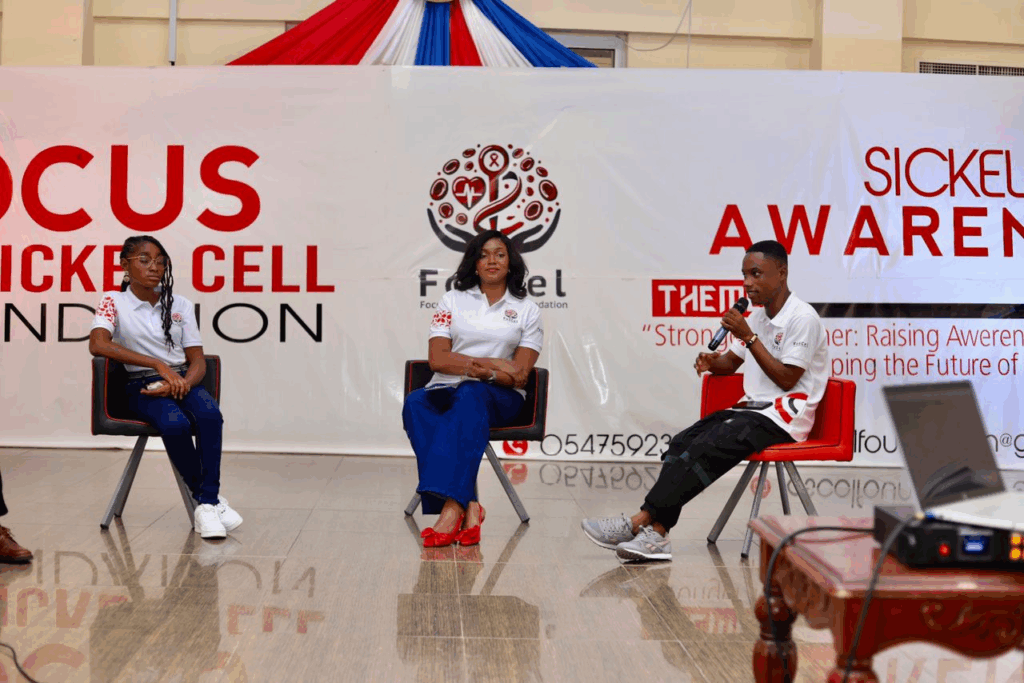
Founder of FoSCel, journalist and advocate Amos Andoh (Akokoa Mpaninsem), shared his own experience of living with Sickle Cell Disease, saying “This is more than a project for me – it is a mission born of pain but driven by purpose.”
He stressed the urgent need for education, revealing that a significant portion of the Ghanaian population remains unaware of basic facts about the disease, including genotype compatibility and transmission.
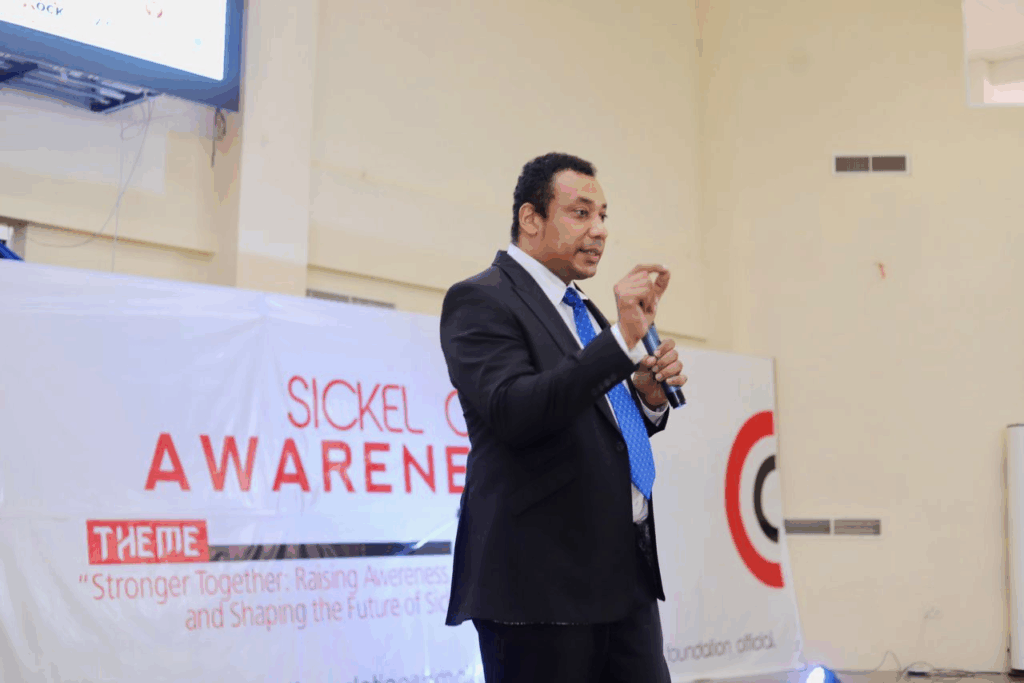
In his keynote address, guest speaker Dr Anyemedu Asare Fredovich, an orthopaedic surgeon and former Acting Medical Director of the Trauma and Specialist Hospital in Winneba, described the global death toll from Sickle Cell as “a daily aviation disaster we are not talking about.”
Dr Fredovich revealed startling national statistics, noting that 2% of all babies born in Ghana each year — about 15,000 to 20,000 infants — have Sickle Cell Disease, while 15% to 30% of the population are genetic carriers.
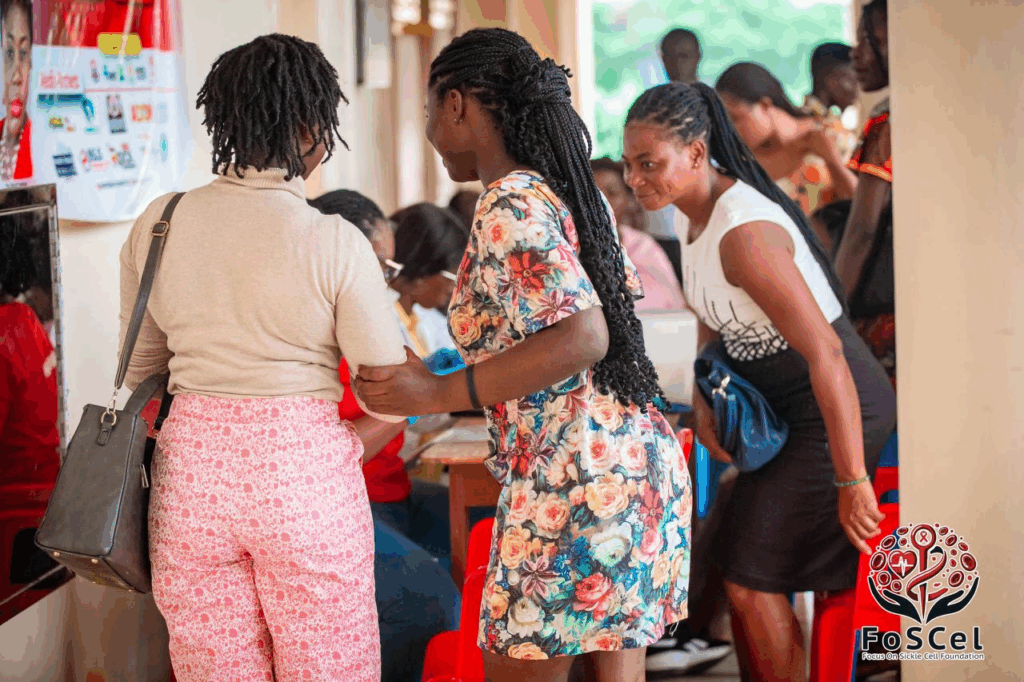
He warned that a lack of public awareness around genotype compatibility continues to drive the crisis.
“We’re losing lives unnecessarily because people simply do not know their genotype or what it means for their future families,” he said, commending FoSCel for stepping into a leadership role and expressing hope that the foundation becomes the “linchpin” of a more coordinated, long-term national response.
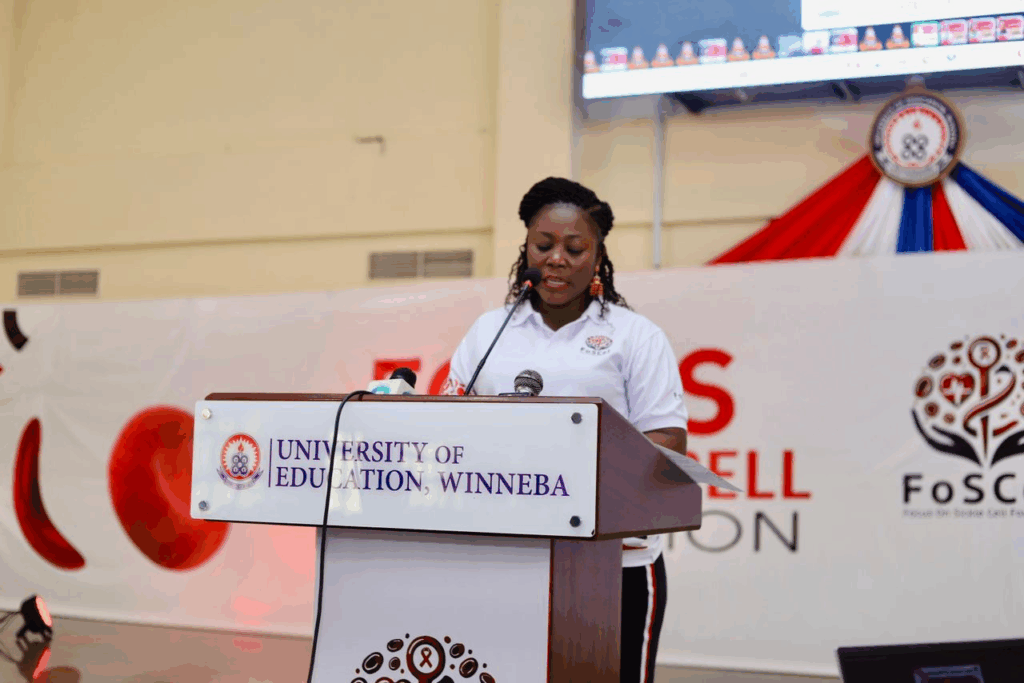
The forum featured panel discussions on the psychological, social, and economic impact of Sickle Cell Disease, with contributions from the Ghana Health Service, the Ministry of Health, the university faculty, and traditional councils.
The sessions explored treatment barriers, stigma, and strategies to improve support systems for affected families.
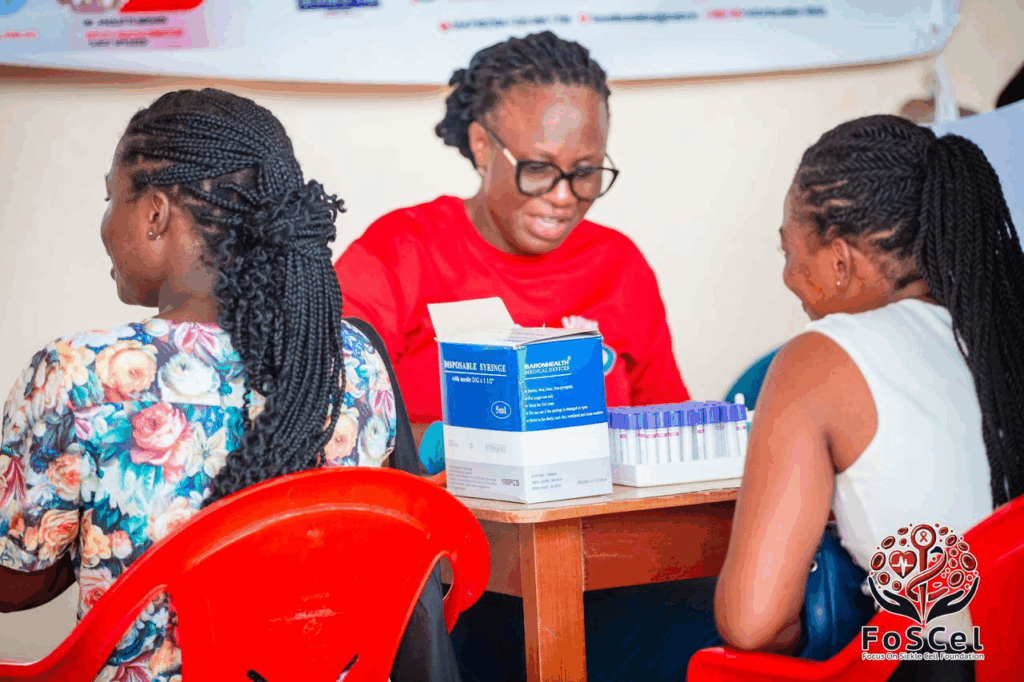
Student voices were particularly prominent, with youth leaders pledging to intensify peer education campaigns, ensuring their networks embrace early genotype testing and informed reproductive choices.
“This generation can break the cycle, but we must be informed first,” one student leader remarked during an open forum session.
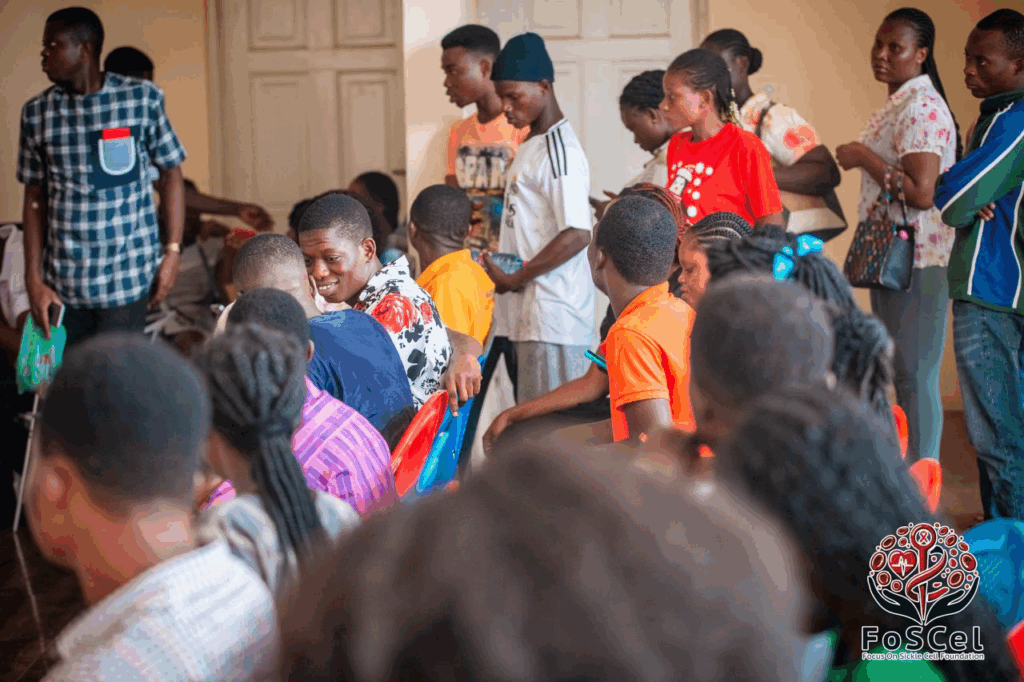
A symbolic candle-lighting ceremony was held in memory of lives lost to SCD, capping off a day of reflection, advocacy, and renewed commitment.
FoSCel announced it would expand its national outreach campaign, with upcoming forums scheduled at major universities including the University of Ghana, KNUST, UCC, and UDS.